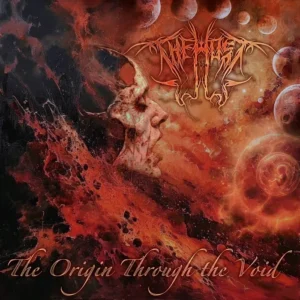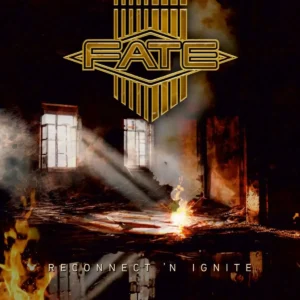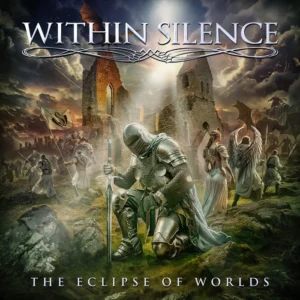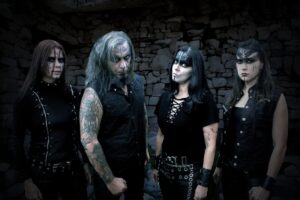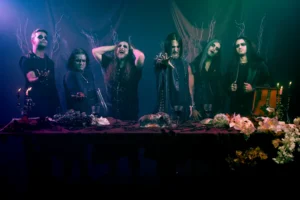Deuce
Deuce
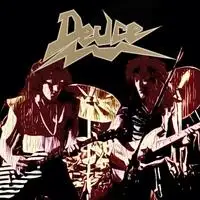
In the course of one's life with and education of music, one is faced with myriad styles and genres, norms and standards, roots and derivatives. Metal fans in particular seem to be the hungriest consumers of music, and this is shown by the ferocity with which they scour for information not only about their favorite bands, but also what their favorite musicians were influenced by. DEUCE's self-titled debut is sure to soon reside in the collections of Metal fans worldwide for now that it is re-released, fans have easier and more affordable access to this early gem that has retained a cult status for nearly forty years. It features a look into the early days of one of the genre's most iconic lead guitarists, Marty Friedman.
Keeping in mind that this was originally recorded between 1978-79, it is easier to reconcile the style which is presented. The opening track, "Barnburner," explosively introduces the listener to a band that owes as much to THE RAMONES as to Metal as the singer has the croon of Joey Ramone and the angst of Johnny Rotten. On the fourth track, "Telemann's 3rd," which is also re-recorded and featured as the last track, Friedman and company offer a rendition of the famous Classical theme with distortion for the first few moments (think SAVATAGE's "Hall of the Mountain King") and then kick into overdrive with their own riff fest. "Atomic Age," the sixth track, contains a preview of the syncopation that would later be dominating Metal riffs a decade later. The heavy riff in track seven, "One Nation Underground," is one that will resound in one's mind long after listening and also features a melody that listeners will be singing long after listening. Perhaps the standout track is the fifth track, "Bad Boys." It begins with a mellow clean guitar part that is clearly Classically influenced, but it soon gets heavy with a bouncy strummed guitar part reminiscent of Pete Townsend; however, it's in the multi-faceted solo of Friedman's where the true magic of the song is contained as he sweeps through parts that remind one of Richie Blackmore as well as Jimi Hendrix.
The main take away from this album is that it's indicative of the influences that went into what most folks consider modern Heavy Metal, and specifically, Thrash Metal. One can hear the audible example of where early Metal and Punk collide, though it is in raw form and far from the more polished sound perpetrated by early VENOM or DIAMOND HEAD. The guitar tone along with the overall sound of the record is very primal and dirty, though not with super-saturated MEGADETH-style distortion. One can hear a band that seems to have a very D.I.Y. Approach, though is still tight with their execution. The vocals are more akin to Punk than anything Metal, especially from the late 1970s version of Metal vocalists like Ozzy Osbourne, Ian Gillan, and Ronnie James Dio. Most, especially die-hards, will find an intriguing preview of Marty Friedman's guitar work as he tends to wear his influences more on his sleeve in this example of his early career. One can hear everything from Classical music, no doubt stemming somewhat at least from the repertoire of Richie Blackmore, to Frank Marino, Jimi Hendrix, and Punk. This is what should be played on "Rock radio."Production 5
6 / 10
Had Potential
Songwriting
Musicianship
Memorability

"Deuce" Track-listing:
1. Barnburner
2. Angels From the Dust
3. 72 Hours
4. Telemann's 3rd
5. Bad Boys
6. Atomic Age
7. One Nation Underground
8. Devastator
9. Love's Massive Suicide
10. Telemann's 3rd ('93)
Deuce Lineup:
Tom Gattis - Vocals, Guitar
Billy Giddings - Drums
Mike Davis - Bass
Marty Friedman - Lead Guitar
Timmy Meadows - Guitar
More results...



